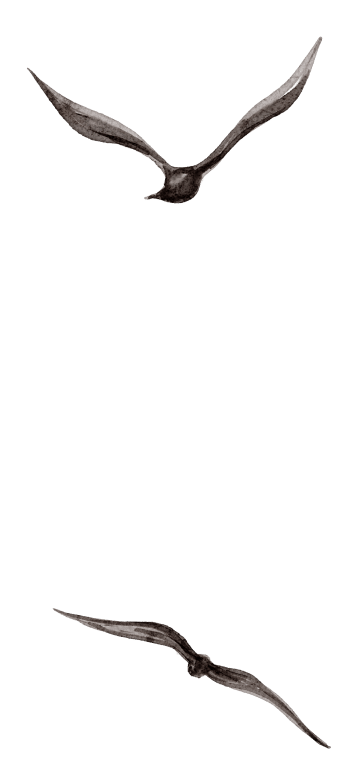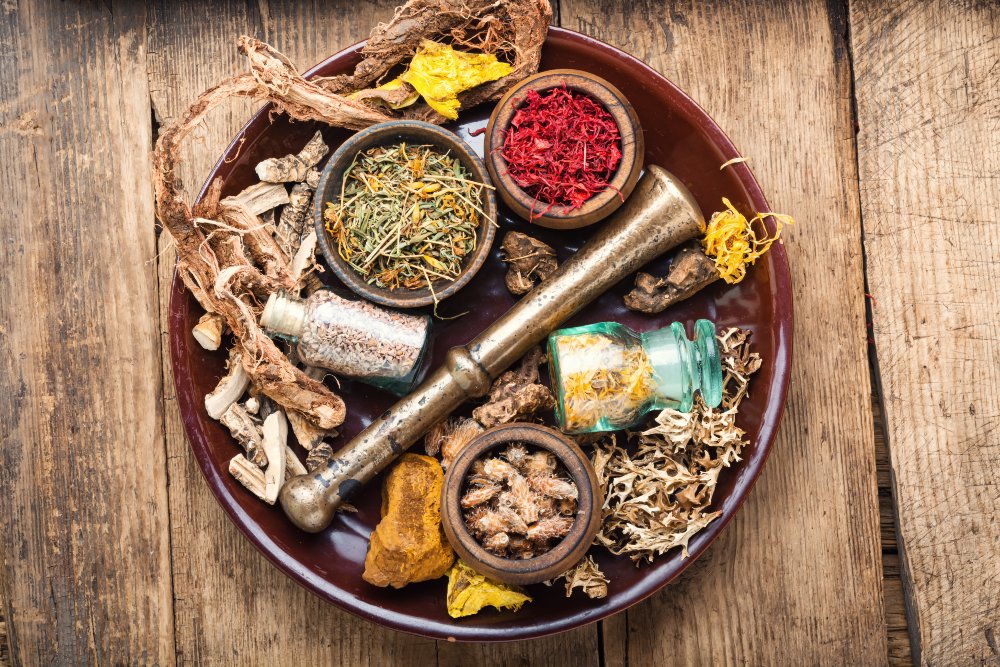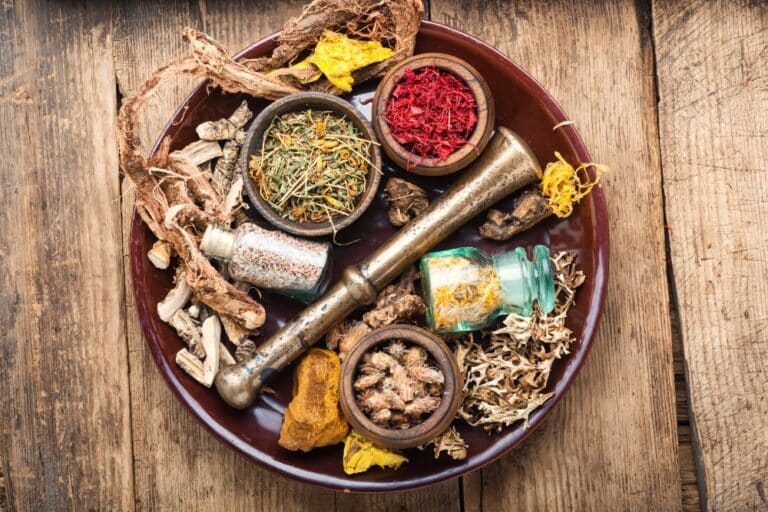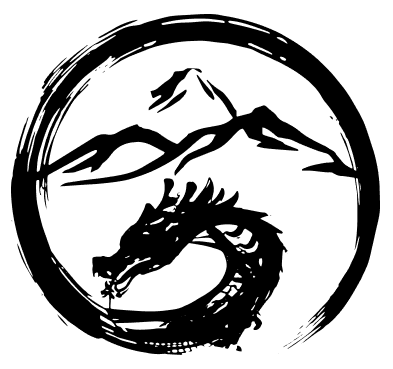The integration of Traditional Chinese Medicine (TCM) into the treatment of mental health disorders represents a bridge between ancient wisdom and modern therapy. As mental health issues become increasingly prevalent in society, the limitations of conventional Western medicine in offering comprehensive solutions have prompted a search for alternative and complementary approaches. TCM, with its holistic view of the individual, offers promising insights and practices for enhancing mental health care.
The Holistic Framework of TCM in Mental Health
At the heart of TCM lies the belief in the inseparable connection between mind, body, and spirit. Unlike Western medicine, which often focuses on treating symptoms, TCM aims to address the root causes of mental health disorders by restoring balance and harmony within the individual. Central to this approach is the concept of Qi, the vital energy that flows through the body, whose imbalance is seen as the underlying cause of psychiatric conditions.
Energetic Imbalance and the Five Spirits
TCM identifies psychiatric disorders as manifestations of energetic imbalances and disturbances in the Five Spirits: Hun (the noncorporeal spirit), Po (the corporeal spirit), Zhi (the will), Yi (the intellect), and Shen (the mind and connecting spirit). These spirits are associated with specific organ systems and emotional states, providing a framework for understanding and treating mental health issues from a TCM perspective.
Integrative Care: TCM and Western Medicine
The integration of TCM into mental health care does not seek to replace Western medicine but rather to complement it. By combining TCM modalities such as acupuncture, qigong, T’ai Chi, and Chinese herbal medicine with conventional therapies, patients receive a more comprehensive treatment that addresses not only their symptoms but also their overall well-being.
Illustrative Cases of TCM in Action
The effectiveness of integrating TCM into mental health care is best illustrated through real-world cases. Patients with severe anxiety, PTSD, and somnambulism, among others, have shown significant improvement when treated with a combination of TCM and Western medicine. These cases highlight the potential of TCM to enhance the quality of care and offer relief to those struggling with mental health issues.
TCM Modalities in Mental Health Treatment
Traditional Chinese Medicine (TCM) offers a variety of treatment modalities that can significantly contribute to mental health care. These ancient practices focus on restoring balance within the body’s energy system, or Qi, thereby addressing the root causes of mental health issues from a holistic perspective. Below, we delve deeper into some of these key modalities and their specific applications in mental health treatment.
Acupuncture
Acupuncture, one of the most well-known TCM practices, involves the insertion of fine needles into specific points on the body to unblock and influence the flow of Qi. In the context of mental health, acupuncture is particularly effective in treating anxiety, depression, and stress-related disorders. By targeting specific acupuncture points associated with emotional and psychological well-being, such as the “Heart 7” (HT7) point for calming the mind and easing anxiety, practitioners can help alleviate symptoms and promote a sense of calm and balance. Research has shown that acupuncture can modulate the nervous system, enhancing the release of neurotransmitters and endorphins, the body’s natural painkillers and mood regulators.
Qigong and T’ai Chi
Qigong and T’ai Chi are mind-body practices that combine gentle movements, breathing techniques, and meditation to enhance the flow of Qi throughout the body. These practices are particularly beneficial for mental health as they encourage relaxation, reduce stress, and improve emotional resilience. By focusing on the harmonious movement of energy, Qigong and T’ai Chi can help in reducing symptoms of anxiety and depression, improving sleep quality, and increasing overall well-being. The mindful movement and breath control involved in these practices also enhance mindfulness and present-moment awareness, which are valuable skills for managing mental health conditions.
Chinese Herbal Medicine
Chinese Herbal Medicine involves the use of natural herbs and plant extracts to treat a wide range of health conditions, including mental health disorders. In TCM, herbal formulas are tailored to the individual’s specific pattern of disharmony, addressing the underlying imbalances contributing to mental health issues. Herbs such as Suan Zao Ren (Ziziphus jujuba) and Huang Qin (Scutellaria baicalensis) are commonly used to calm the mind, relieve anxiety, and improve sleep. These herbal formulas work on a deeper level, not only alleviating symptoms but also nourishing the body’s internal organs and promoting emotional balance.
Dietary Therapy
TCM also emphasizes the importance of diet in maintaining mental health. Dietary therapy in TCM involves the consumption of specific foods and herbs that align with the individual’s unique energetic constitution to restore balance and health. Foods are chosen for their energetic properties, such as warming, cooling, or neutral, and their ability to target specific organs or energy pathways associated with emotional well-being. For instance, foods rich in omega-3 fatty acids, like fish and flaxseeds, are recommended for their anti-inflammatory properties and potential to support mood regulation.
Integration with Mindfulness and Meditation
Mindfulness and meditation, though not exclusive to TCM, are integral practices that complement the TCM approach to mental health treatment. These practices encourage a state of calm awareness and present-moment attention, which can be particularly beneficial for individuals experiencing anxiety, stress, and other mental health challenges. By incorporating mindfulness and meditation into their treatment plans, individuals can enhance their capacity to manage emotions, reduce stress, and achieve a deeper sense of inner peace.
Each of these TCM modalities offers unique benefits for mental health treatment, providing tools for individuals to achieve greater harmony and balance in their lives. By integrating these practices into a comprehensive treatment plan, individuals struggling with mental health issues can find relief and embark on a path toward holistic healing and well-being.
Help is Available
The integration of Traditional Chinese Medicine into mental health care offers a holistic and comprehensive approach to treating psychiatric disorders. By addressing the interconnectedness of mind, body, and spirit, TCM provides valuable insights and practices that can enhance the effectiveness of mental health treatment. As healthcare continues to evolve, the integration of TCM into mainstream psychiatric care holds the promise of a more balanced, effective, and compassionate approach to mental health.
An exemplary model of this integrated approach to mental health treatment can be found at the Mental Health Residential at the Wood Dragon, a residential mental health facility located in the serene environment of Idyllwild, California. Mental Health Residential at the Wood Dragon incorporates TCM modalities, including acupuncture, qigong, T’ai Chi, Chinese herbal medicine, and dietary therapy, as part of its comprehensive treatment programs.
Our facility exemplifies how combining TCM with conventional therapies and offers individuals a deeply holistic healing experience, emphasizing the importance of treating the whole person rather than just the symptoms. By providing a sanctuary where individuals can access a blend of traditional and modern therapies, Mental Health Residential at the Wood Dragon is at the forefront of pioneering integrative mental health care. Contatc us today to learn more.









